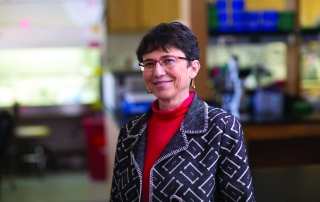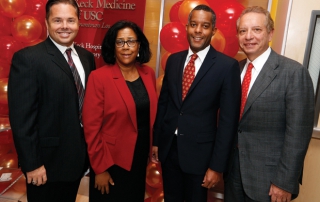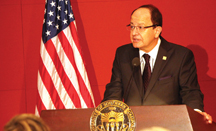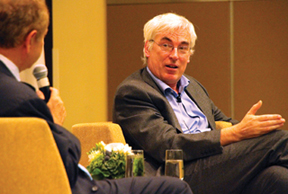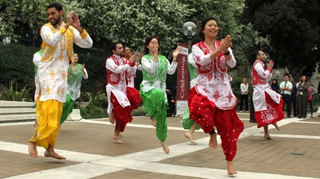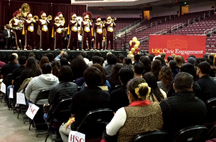NIH awards $17 million to Keck School researcher for HIV/AIDS research
Grace Aldrovandi, MD, professor of pediatrics, pathology and molecular microbiology and immunology at the Keck School of Medicine of USC, has been awarded $17 million by the National Institute of Allergy and Infectious Diseases, part of the National Institutes of … Read More »


